5 things PML-N needs to do according to economist Atif Mian
4 min readPakistan’s economic situation is precarious and if we do not get the IMF funding, our problems will intensify, economist Atif Mian has argued.
Atif Mian is one of the world’s top economists and he would have been leading Pakistan’s economy four years ago had the government not given in to pressure to remove him. Imran Khan’s government had to cancel his appointment to its Economic Advisory Council, because he is an Ahmadi.
Since that debacle, Atif Mian has been watching Pakistan lurch from one crisis to another. His Twitter handle has been active with bite-sized economic analysis. And while many people may argue back, or view his tweets from a political lens, his explanations can be helpful in understanding why we got here.
Yesterday, in a series of tweets, Atif Mian summed up his reading of Pakistan’s problems. People have seen the chaos unfold in Sri Lanka and have been asking if Pakistan is headed in that direction. Atif Mian argued, that no it is not about defaulting but the “terrible consequences for the people Pakistan” as the country has left itself almost completely at the “mercy of foreign assistance”. He lays the blame at the door of the political elite and provides arguments.
- Energy is mostly imported
- Medicines are mostly imported
- Pakistan is no longer self-sufficient in food
Will Pakistan be able to “ration” supplies? If we cannot produce essentials such as energy, food and medicine, then do we expect someone else to pay for it? We cannot pay for them.
Our economy was unable to cope with a major international event: the Russian invasion of Ukraine which sent oil prices sky rocketing. “But it’s important to keep in mind that Bangladesh buys the same oil that Pakistan does,” Atif Mian said. “[S]o why is Pakistan is so much deeper trouble? In fact, Bangladesh just lent $250 million to Sri Lanka!”
As oil prices rose, “Pakistan was selling some of the cheapest oil in the world domestically!” Pakistan’s government could never afford to do this, but the PTI government lowered oil prices domestically and started to subsidize it.
Pakistan's economy is in deep crisis
— Atif Mian (@AtifRMian) July 20, 2022
a long 🧵
“The decision to lower prices was purely political, to gain public support, and perhaps more importantly set a minefield for the incoming PMLN government politics trumped the national interest … and the irony is that the decision worked politically.”
Atif Mian said that the PML-N did not have a choice. It could either default or raise the oil prices at home so they matched the international levels. The problem is that Pakistanis hated the decision. He adds, however, that the PTI and PML-N both made similar bad decisions. “One may feel a bit sorry for PML-N [which is now facing public anger], except [that the] PML-N did something quite similar when they were in power the last time,” he said. Remember how Ishaq Dar and the PML-N deliberately kept the exchange rate appreciated when Pakistan was running into balance of payment problems? Why did it do that? Because elections were approaching. (Balance of payments is another way of talking about our transactions with the rest of the world: imports, exports etc.)
When the PTI won the elections and came to power, it had to deal with the mess the PML-N created on the currency front in the early days of its government. “This time PTI returned the favor,” he said. This is what keeps happening in Pakistan’s politics.
When the PTI came to power, it had a chance to set things right. But instead of fixing the external account it decided to focus on the Naya House program. (Atif Mian has argued against that project in earlier posts).
Ironically, Covid gave Pakistan’s economy a breather, he said. When people stayed at home, less petrol was being used and less people were taking flights. This gave us a temporary Current Account surplus. But as Covid went down, the balance of payments crisis got worse. It is important to understand that the dynamics were quite negative even before the Russian oil shock hit, the oil shock and PTI’s response it only hastened the fall
What should be done now?
- Bring back some credibility with investors, credibility with Pakistanis. There has to be some minimum set of rules that everyone - the main parties, and the “establishment” will legitimately agree on.
- The political elite have to agree to stop using the “religion card”. You all know what it means. Stop using it, if you care about your own future.
- The elite capture of the economy is particularly pernicious and unproductive. Pakistan stands out in how poorly its average citizen fares on basic needs such as education and health, even when compared to countries with similar per capita income.
- The powerful are knee-deep in unproductive, rent-seeking sectors like real estate and sugar. That must change. The taxation and incentive structure must favor productive activities over unproductive ones - and open up the economy to women.
- Each government has used very limited external borrowing space as a political tool, to ultimately lead the country to the precipice it’s on today. This cannot go on, with the people suffering even more than they already have.






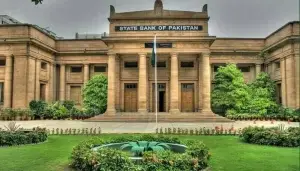





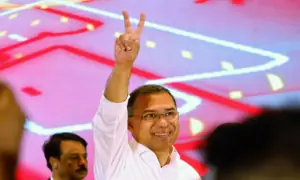
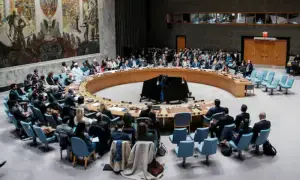
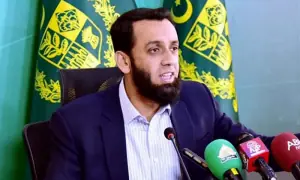


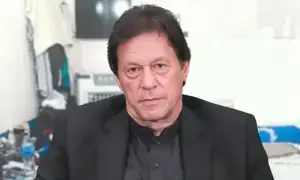
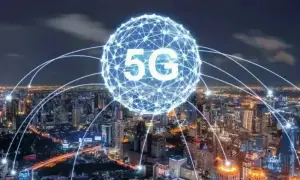


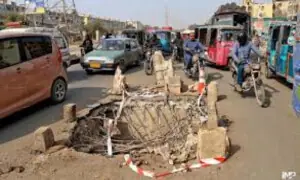
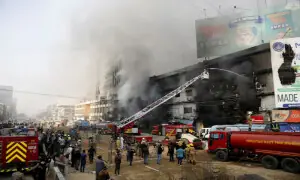

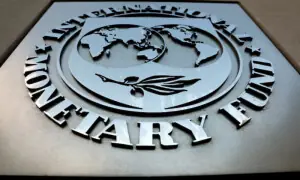
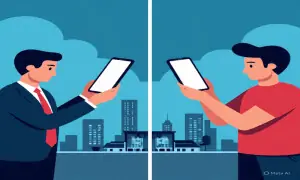
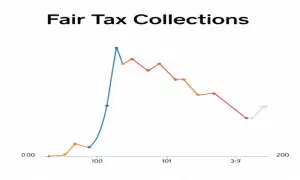
Comments are closed on this story.